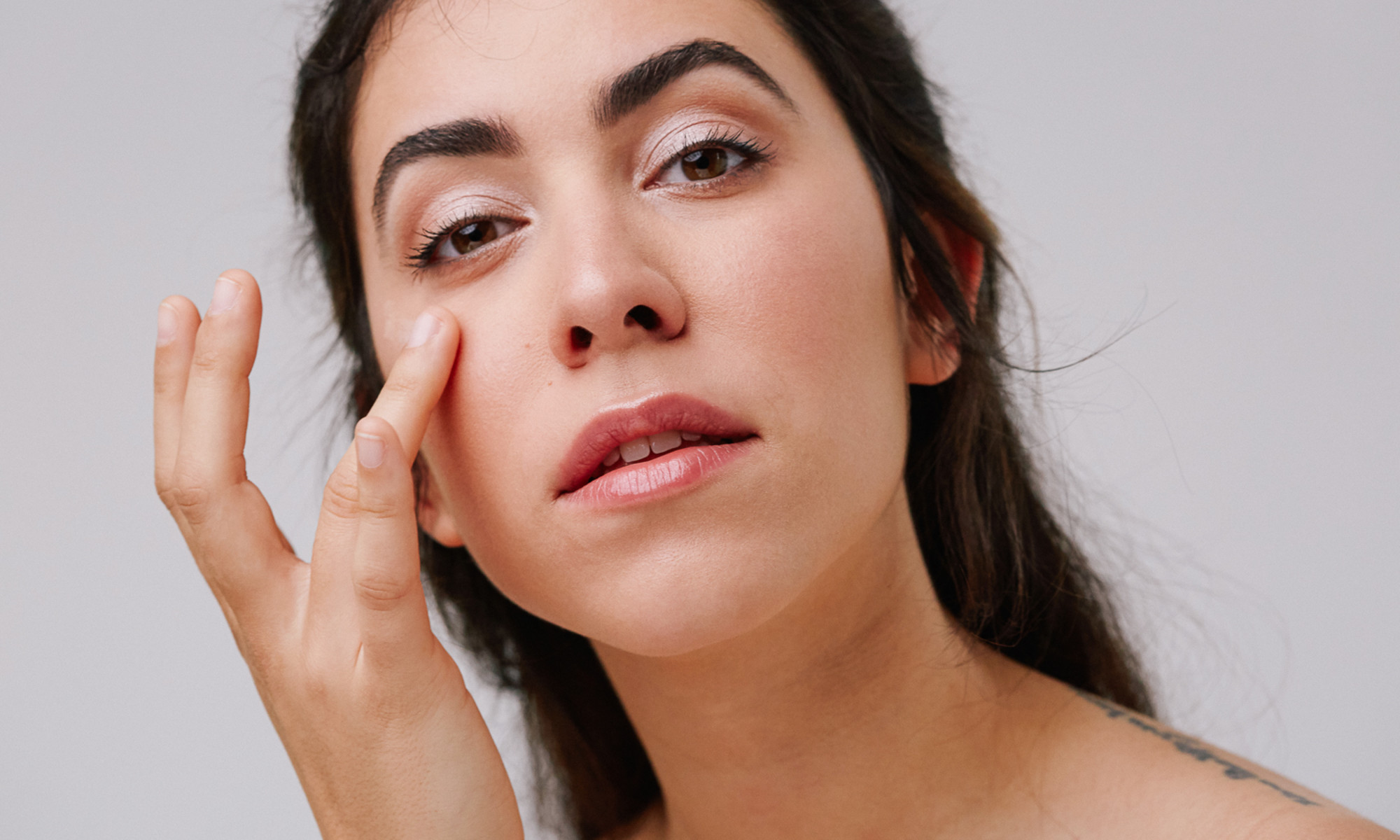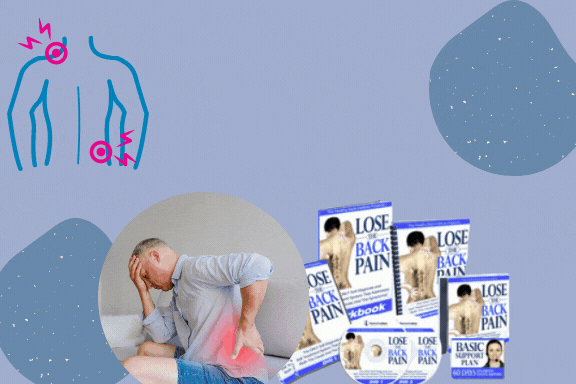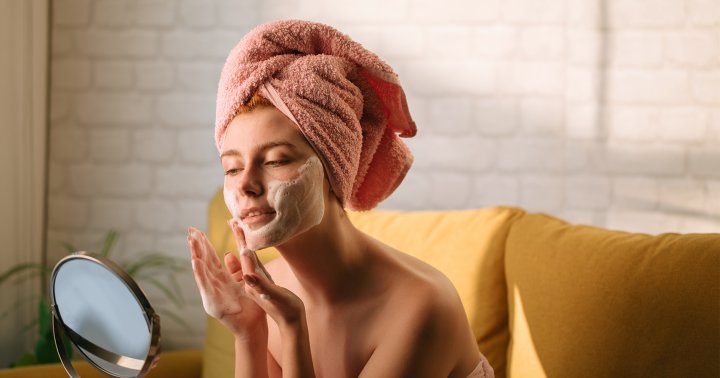The One Mistake You May Be Making If You Have Eye Eczema, From A Derm
There's another mistake you might be making when it comes to relieving eye eczema symptoms.

Advertisement
This ad is displayed using third party content and we do not control its accessibility features.

Former Senior Beauty & Lifestyle Editor
Former Senior Beauty & Lifestyle Editor
Jamie Schneider is the former Senior Beauty Editor at mindbodygreen. She has a B.A. in Organizational Studies and English from the University of Michigan, and her work has appeared in Coveteur, The Chill Times, and Wyld Skincare.
Image by Javier Díez / Stocksy October 07, 2024 Eczema flare-ups are already challenging to deal with, but eczema around the eyes adds a whole new layer of frustration. Like any other patch or flare, scratching will only make the symptoms worse (that unforgiving itch-scratch-itch cycle)—but rubbing and tugging at the delicate eye area has the potential to exacerbate fine lines later on or even create microtears in the lid skin. We repeat: a whole new layer of frustration. If you suffer from eczema around the eyes, you've likely heard the warning once or twice. But according to board-certified dermatologist Loretta Ciraldo, M.D., FAAD, there's another mistake you might be making when it comes to relieving eye eczema symptoms: warm compresses. You might feel a sense of relief in the moment, but they might work against you in the long run.
Why you shouldn't use warm water
According to Ciraldo, warm water can make you feel even more itchy. That's because the high temperature has the ability to strip skin of its natural oils and lipids, which can thereby weaken the skin barrier.
Since those with eczema already have a compromised skin barrier, compromising it further can lead to worsened flares and itchier symptoms. Even those without chronic eczema might want to avoid a scalding bath or shower, Ciraldo has told us: Too-hot water can lead to dry, cracked skin.
We'll admit, a slightly warmed compress is loads better than a steamy washcloth; if you're using lukewarm water, you're probably fine. Just know that there's a fine line between lukewarm and, well, warm—so it's easy to cross into itchy territory.
A safe bet, says Ciraldo, is to use cool compresses instead, so there's zero risk of a too-hot temperature. You can also trace ice cubes along the lids—it'll give you a similar relief to scratching (breaking the itch-scratch-itch cycle) without tugging or tearing the delicate skin.
After, she suggests applying a soothing, calming topical sparingly around the eyes twice a day. (Many use hydrocortisone, although she also touts oatmeal lotion for its ability to protect the skin barrier1.) "Also, stop all your eye makeup and any eye products, including micellar water (which may have artificial fragrance or another potentially irritating ingredient) for at least a week, and just wash with cool water," she notes.
The takeaway
While a warm compress might sound relieving in the moment, cool or cold temperatures are best for relieving itchy symptoms and breaking the itch-scratch-itch cycle—especially for eczema around the eyes. Because the eye area is so delicate already, minimizing the urge to tug and rub is crucial; better to skip the steam and opt for expert-approved methods that will cool the area (and strengthen the skin barrier, while you're at it).

 Fransebas
Fransebas 































